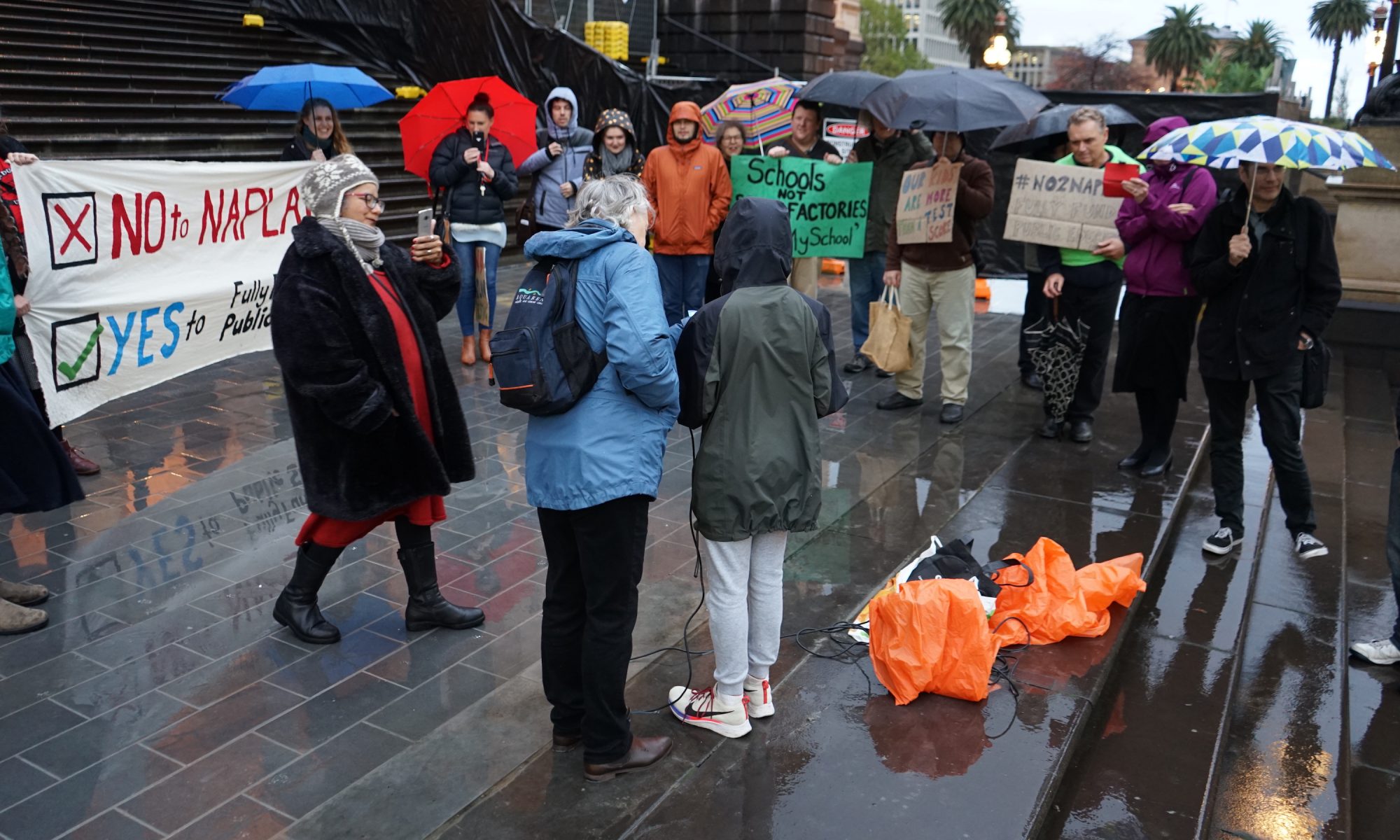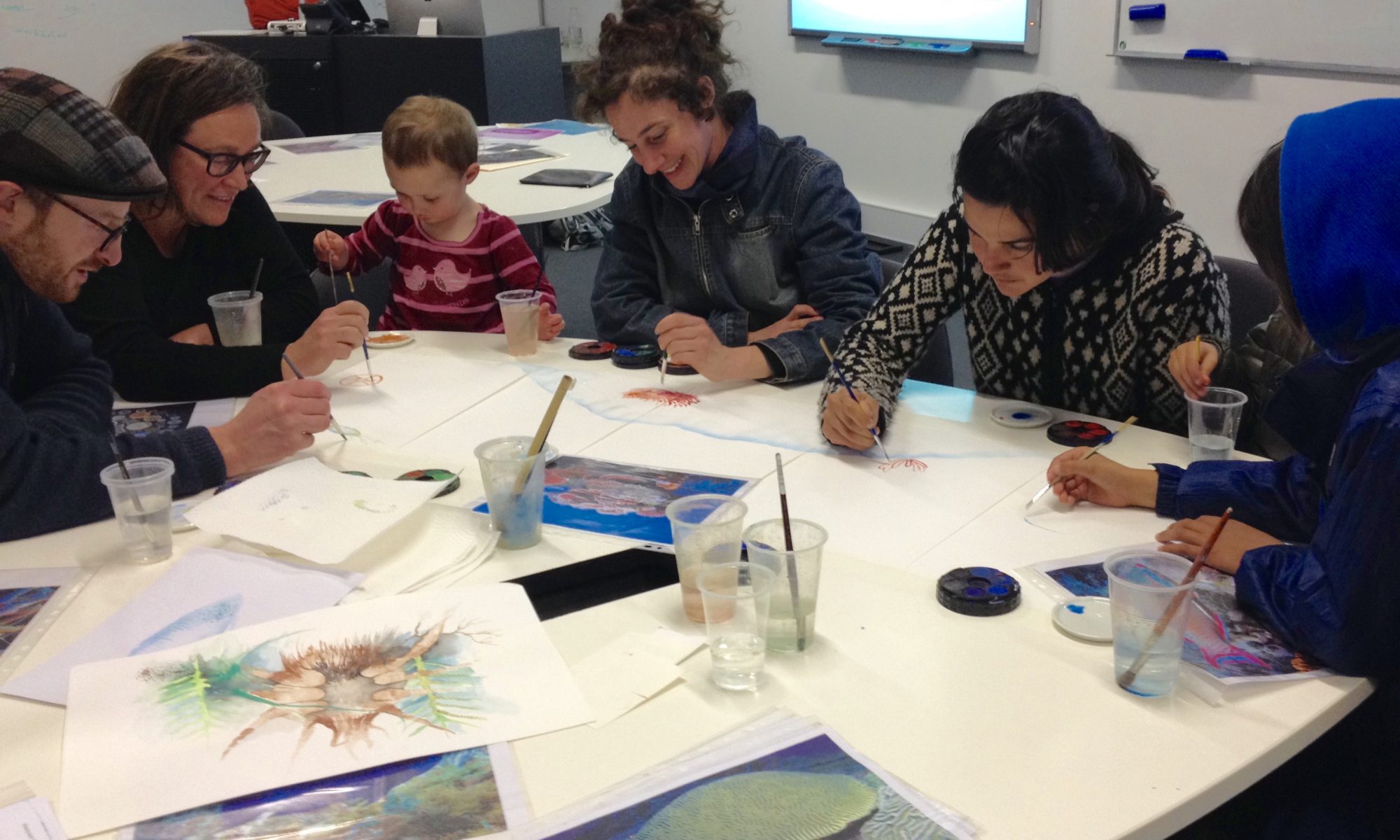Our Workshop Model
If you’d like to run a workshop at the MESEJ Forum, we ask that you consider the guidelines below and think about how you can make your workshop as inclusive, participatory and critical as possible.
What we mean by inclusive:
-Acknowledge Aboriginal sovereignty (we will give an official Acknowledgement of Country at the start of each workshop
-Be mindful and inclusive of different ages, abilities, genders, sexualities, languages, cultural, educational and religious backgrounds of participants
-Try to make your workshop accessible and useful to educators working across a wide range of formal and informal settings (from daycare, to kindergartens, to schools, to universities, to workplaces, to family homes)
-If you can, provide visual aids (like pictures and diagrams) and/or vocabulary lists with the definitions of uncommon words
-Respect participants’ right to their own opinions and beliefs
-Communicate your opinions with respect and empathy for others
-Create opportunities for participants to get to know one another
-Make it fun!
What we mean by participatory:
-Strive for egalitarian relationships amongst participants and between facilitator and participants
-Recognise the wealth of knowledge and experience amongst participants
-Provide opportunities for participants to generate ideas that shape direction of the workshop. For example, you could:
o Ask questions for participants to discuss in pairs or small groups
o Ask participants to pose questions for group discussion
o Provide objects or short texts (poems/ videos/ images/ newspaper articles) for participants to interact with
o Activities that get participants out of their chairs and physically communicating their ideas (“embodied pedagogy”)
o Small group challenges (“problem-based learning”)
o Tableaus (creating still images with our bodies)
o Role-plays
-It’s okay if you wish to present information in a lecture format, but try not to talk for more than 15 minutes at a time and make sure participants have the opportunity to discuss your ideas
What we mean by critical:
-Question taken-for-granted assumptions about an issue
-Situate ideas and practices within their historical, social and geographic context
-Consider issues from multiple perspectives
-Evaluate the strength of evidence supporting an idea
-Search for connections between ideas and concepts
-Develop theories about cause and effect, including motivations behind human actions
-Investigate processes of knowledge production through which ideas come to be accepted as true
-Analyse the way certain processes of knowledge production serve to empower particular groups of people over others
Planning Your Workshop
In addition to the above guidelines, some logistical things to consider are:
(Co)facilitation
-Workshops can be facilitated by individuals, pairs, or even a facilitation team
Timing
–Plan your workshop to run for one and a half to two hours
–Check in with participants once you have reached the proposed end-time and finish up quickly if the majority of participants indicate that they wish to leave
Resources
–(If possible) provide:
o Links to articles/ videos/ websites/ songs/ other prompts for participants to engage with before the workshop
o Take-home resources so participants can share your ideas (or facilitate your workshop) with their friends, family and co-workers
Donations jar and facilitator payment
–All educational MESEJ events are free, but at the end of the workshop we will give participants the opportunity to contribute to our MESEJ expenses fund. We use this fund to cover the costs of our website, advertising, room-bookings, food, and to pay workshop facilitators/ speakers who are experiencing economic hardship. 20% of this fund is put aside to cover the costs of running events specifically focused on combatting colonialism (in recognition that Aboriginal sovereignty and decolonisation needs to be at the heart of any collective vision for social and environmental justice on occupied Kulin land).
-Whenever possible, we pay workshop facilitators/ speakers who are experiencing economic hardship. Payment amount can be negotiated with our collective members. Workshop facilitators who are financially secure will generally not receive payment, however they may request donations for their collective/ not-for-profit organisation.
Food
–One participant will have the job of bringing some snacks to share
Blog
–One participant will have the job of writing about the workshop for the MESEJ blog
Don’t stress!
–The above guidelines are aspirational. They represent our ideals, not what we expect ourselves to achieve within every workshop. We encourage people who have never facilitated a workshop to have a go. We also encourage everyone to step outside their comfort zone and experiment with pedagogy (different ways of teaching).
-If you have an idea of a topic you would like to explore, don’t hesitate to get in touch. There are heaps of people who would love to help you plan and/or facilitate your workshop. Send an email to mesejforum@gmail.com or post in our Facebook group:


